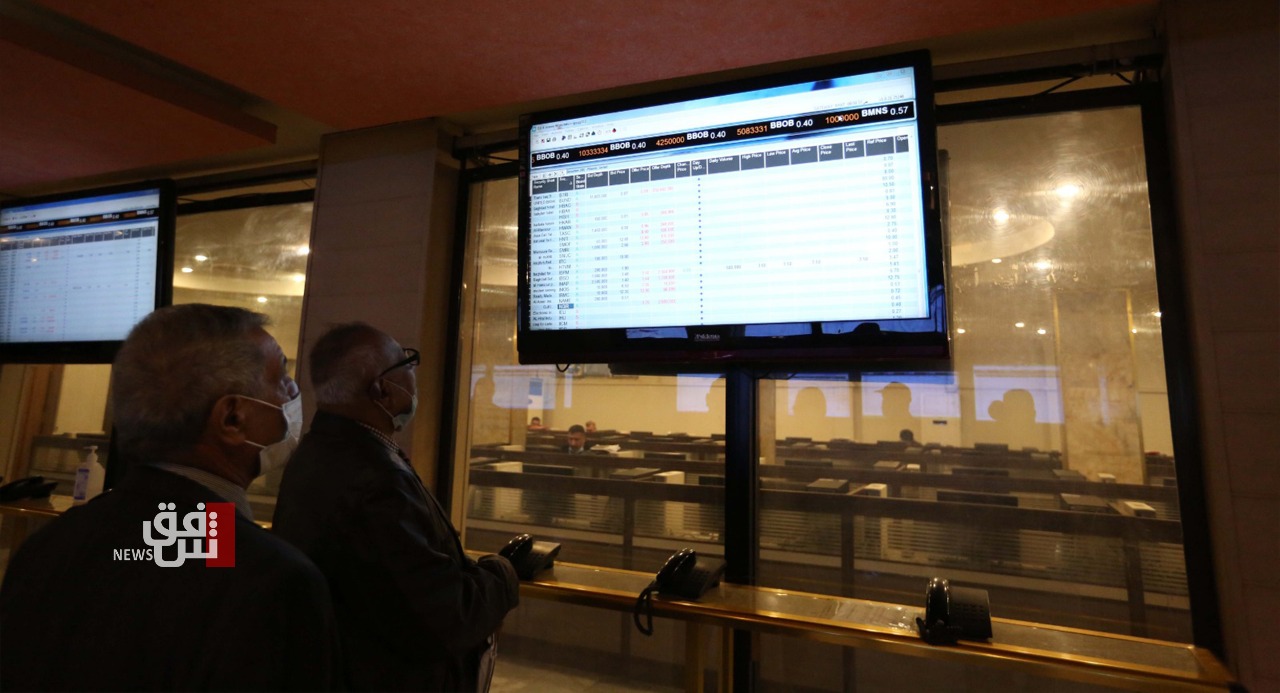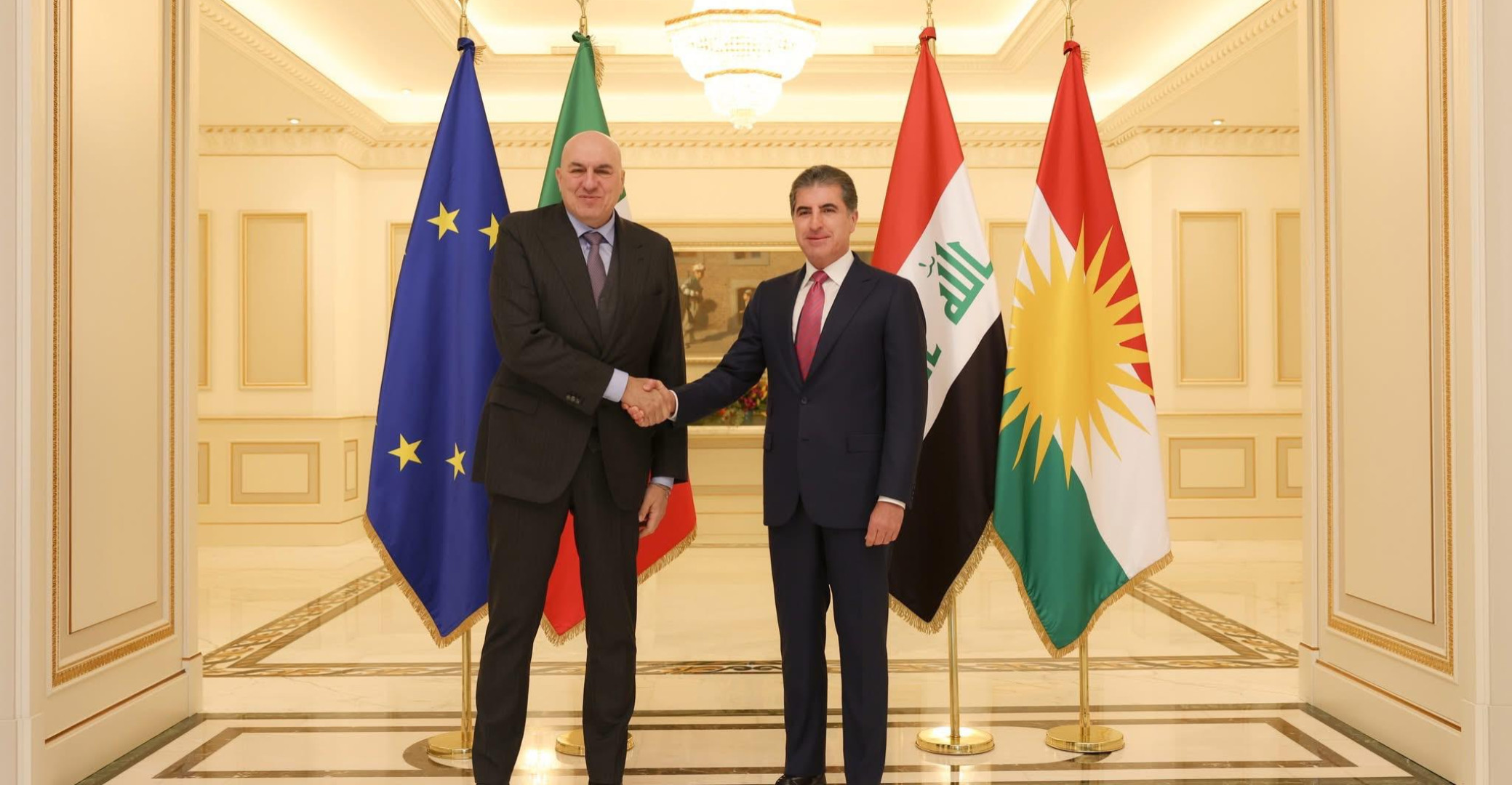Confusion clouds US's Iraq withdrawal timeline, analysts cite delaying tactics

Shafaq News/Conflicting reports surround the timeline and decision for the American forcesto withdraw from Iraq, with Iraqi security experts and political analystssuggesting that media claims of planned withdrawal dates are merely delayingtactics. They argue that US forces are likely to remain in Iraq for an extendedperiod for American political motives.
WithdrawalTimetable
The UnitedStates and Iraq have reached an agreement outlining plans for the withdrawal ofUS-led coalition forces, according to multiple American and Iraqi sources citedby Reuters on Friday. The agreement comes after six months of negotiationsbetween the two countries.
As part ofthe arrangement, hundreds of US soldiers are expected to leave Iraq bySeptember 2025, including those stationed at the Ain al-Asad Airbase and alarge number from Baghdad. However, a contingent of US and other coalitionforces will remain in Erbil until the end of 2026 to continue operationsagainst ISIS in Syria.
A USDepartment of Defense official, speaking to Newsweek on Saturday, emphasizedthat the timeline for ending the coalition's mission in Iraq would bedetermined by the US President and Iraqi Prime Minister.
"As wasclearly stated in the joint statement between POTUS [President Joe Biden] and[Iraqi Prime Minister Mohammed Shia] al-Sudani—The two leaders affirmed theywould review these factors to determine when and how the mission of the GlobalCoalition in Iraq would end, and transition in an orderly manner to enduringbilateral security partnerships, in accordance with Iraq's Constitution and theU.S.-Iraq Strategic Framework Agreement. We have no new announcements to makeat this time,” the official said.
The Pentagonofficial added, “We have no new announcements to make at this time.”
There arecurrently about 2,500 US troops in Iraq and 900 in Syria.
Meanwhile,Abbas Ghadir, a member of the Wisdom Movement (Al-Hikma), part of the ruledShiite Coordination Framework, confirmed that the coalition troop withdrawal isin its final stages. “Following the meetings between the Iraqi and USgovernments, an official agreement on the withdrawal has been reached, and thetalks are nearing completion,” Ghadir told Shafaq News Agency.
He notedthat "leaks suggest the withdrawal will happen next year," with abilateral agreement expected to outline the role of advisors from the US andother countries in training Iraqi forces.
OngoingPresence and Strategic Interests
Politicalanalyst Saif al-Saadi expressed skepticism over the recent reports of the UStroop withdrawal, describing the claims as "local political rhetoric"aimed at appeasing public sentiment rather than reflecting the reality on theground.
Speaking toShafaq News Agency, al-Saadi said, “From time to time, statements emerge thatalign with the Iraqi government's desire to avoid fully disclosing to thepublic that US forces will remain for a longer period, particularly with thepresence of American troops at Ain al-Asad, Victoria, and Harir bases.Therefore, there is no actual withdrawal.”
Al-Saadinoted that the recent reports serve as "painkillers" rather thanaddressing the core issue. He highlighted that US forces continue to operate inIraq under the Strategic Framework Agreement, which comprises 31 articles thatallow for their long-term presence. “One of the provisions of this agreement isthe protection of Iraq's democratic system, meaning that any internal issuesperceived by the US as undermining democracy could prompt Americanintervention,” he explained.
In additionto safeguarding democracy, al-Saadi pointed to other justifications for the USpresence, including the ongoing threat of ISIS. “Just days ago, there was ajoint operation between the Iraqi intelligence service and US forces in Wadial-Ghadhf, western Al-Anbar. These operations, along with the continuedpresence of ISIS, legitimize the US presence in Iraq,” he added. Al-Saadi alsopointed out the close connection between American military operations in Syriaand Iraq under Operation Inherent Resolve.
Al-Saadiconcluded, “I don’t foresee any US troop withdrawal. These statements aremerely slogans for domestic consumption, providing temporary relief for theIraqi government. They serve as a way to buy time, especially with some Iraqifactions not fully adhering to the orders of the commander-in-chief of thearmed forces. This is essentially a strategy to maintain stability until theend of the current parliamentary term in late 2025.”
RetiredGeneral Imad Allou, director of the Center for Security and Strategic Studies,also cast doubt on the withdrawal claims, noting that neither the US nor Iraqhas officially announced an end to the coalition’s mission. “There has been noofficial declaration regarding the withdrawal or termination of the coalition’smission from either side at any stage of the strategic dialogue,” Allou toldShafaq News Agency.
He furtherclarified the distinction between ending the coalition's mission andwithdrawing US forces from Iraq, emphasizing that discussions have alwayscentered on transitioning to bilateral relations, with a limited number of UStroops remaining for training and advisory roles. “This arrangement isdetermined by both parties through the Higher Military Technical Committee,”Allou added.
US PoliticalMotives
RetiredGeneral Allou emphasized that the issue of a US troop withdrawal from Iraqremains clouded in ambiguity, with the details unclear and subject to shiftingdynamics. "There is a degree of vagueness and flexibility around thewithdrawal process, and it largely depends on the ongoing tension between theIslamic resistance factions and the US, particularly in light of Israel’s waron Gaza and other regional tensions in Syria and Iraq," Allou told ShafaqNews Agency.
He explainedthat the strained relationship between the US and Iran also plays a significantrole in influencing the timeline and nature of any withdrawal.
Allousuggested that the US may be leveraging the prospect of a troop withdrawal forelectoral purposes, particularly to boost Democratic candidate Kamala Harrisahead of the 2024 presidential election. "The US appears to be floatingthe idea of a withdrawal as part of an electoral strategy to support Harris inthe race against the Republicans," he said. Additionally, he argued thatthe US may aim to reduce tensions between Islamic resistance factions andAmerican forces stationed at Ain al-Asad, Harir, and Victoria bases.
Allouconcluded that the withdrawal narrative also serves to bolster Iraqi PrimeMinister Mohammed Shia al-Sudani's credibility, demonstrating that hisgovernment is making progress on its commitment to end the Global Coalition'smission in Iraq.



